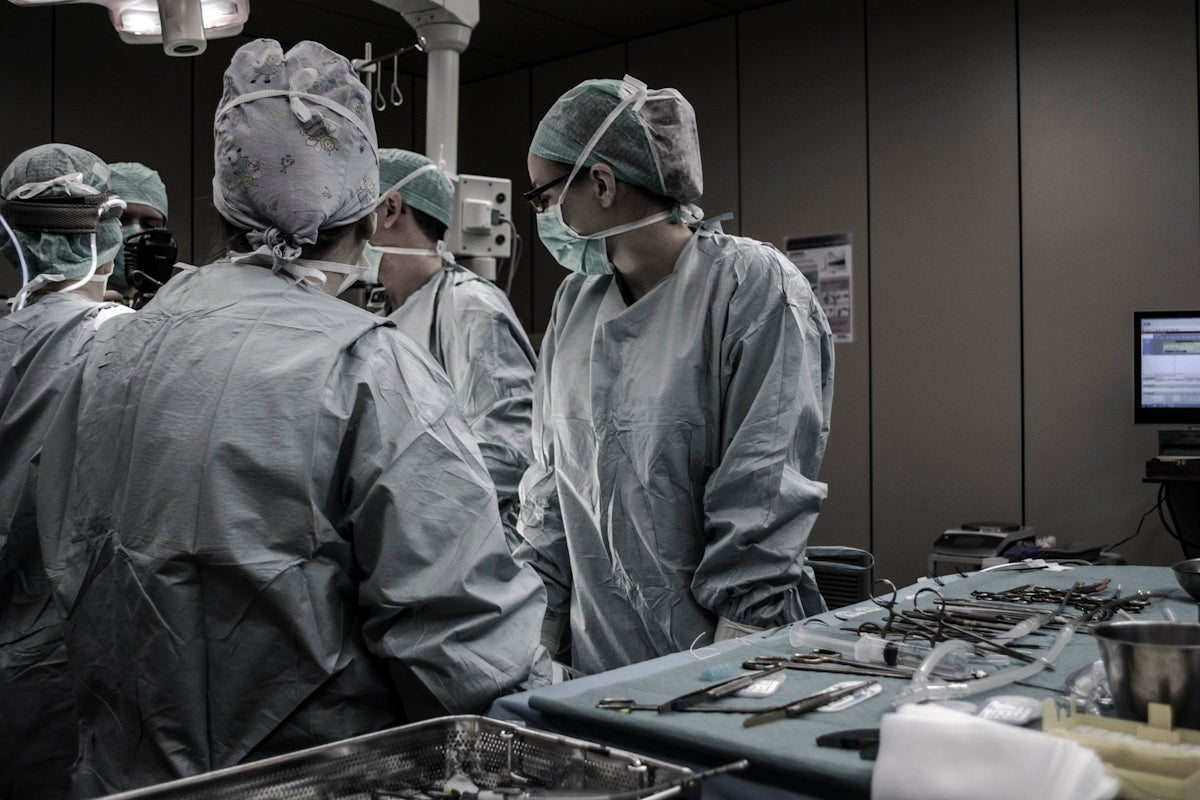
A Comprehensive Guide to Sharps Containers: Essential Tips for Safe Medical Waste Disposal in South Africa
Proper medical waste disposal is crucial in maintaining a safe and hygienic environment, especially in healthcare settings. In South Africa, managing medical waste appropriately ensures the safety of healthcare workers, patients, and the community at large. In this guide, we'll explore the importance of sharps containers, best practices for medical waste management, and how to dispose of sharps containers effectively.
Understanding Medical Waste Disposal
Medical waste disposal involves the segregation, collection, transportation, and treatment of waste generated from healthcare activities. This includes infectious waste disposal, biohazard waste disposal, and specific practices like sharps bin disposal. Efficient healthcare waste management is critical to preventing the spread of infections and maintaining compliance with health regulations.
The Role of Sharps Containers in Medical Waste Management
Sharps containers are specialized biohazard containers designed for the safe containment of sharp medical instruments like needles, blades, and syringes. Proper sharps bin disposal is essential to prevent injuries and reduce the risk of infections. To ensure optimal safety, these containers come with secure locking lids and are clearly labeled as biohazard containers.
Featured Product: 10L Sharps Container
For healthcare facilities looking to enhance their waste management practices, the 10L Sharps Container is an excellent choice. This container offers maximum safety and compliance, with a secure locking lid and clear biohazard labeling, ensuring reliable containment for used sharps.
How to Dispose of Medical Waste Properly
Effective medical waste collection and disposal require adherence to certain protocols:
- Segregation at Source: Distinguish between regular waste and medical waste. Use color-coded bins for easy identification.
- Use Approved Containers: Choose containers like the ones found in the Sharps Containers collection to ensure compliance with health standards.
- Regular Collection and Disposal: Engage biohazard waste disposal services to regularly collect and dispose of medical waste.
- Training and Compliance: Train staff on proper waste disposal procedures to ensure that they understand the importance of proper medical waste disposal in hospitals.
How to Safely Dispose of Sharps Containers
Once sharps containers reach their capacity, they must be disposed of properly. Here are some steps to follow:
- Ensure that the container is securely closed and labeled.
- Contact a professional waste disposal service for collection. For example, services available at Biohazard Box can assist in disposing of filled containers safely.
- Never overfill sharps containers as this can increase the risk of needle-stick injuries.
Conclusion
The importance of proper medical waste disposal in hospitals cannot be overstated. Utilizing the right tools, like the 10L sharps container, and following correct disposal protocols, you can significantly reduce the risks associated with medical waste. For more information on medical waste management or to explore our range of waste management solutions, visit MNE Waste.
By adhering to these guidelines, South African healthcare facilities can ensure a safer environment for everyone involved. Engage with reliable biohazard waste disposal services near you, and contribute to an overall healthier community.
This blog post provides a comprehensive overview of sharps containers, their importance, and best practices for medical waste disposal. By following these guidelines, healthcare facilities can maintain a safe and compliant environment. For more insights, visit the MNE Waste website.

Leave a comment